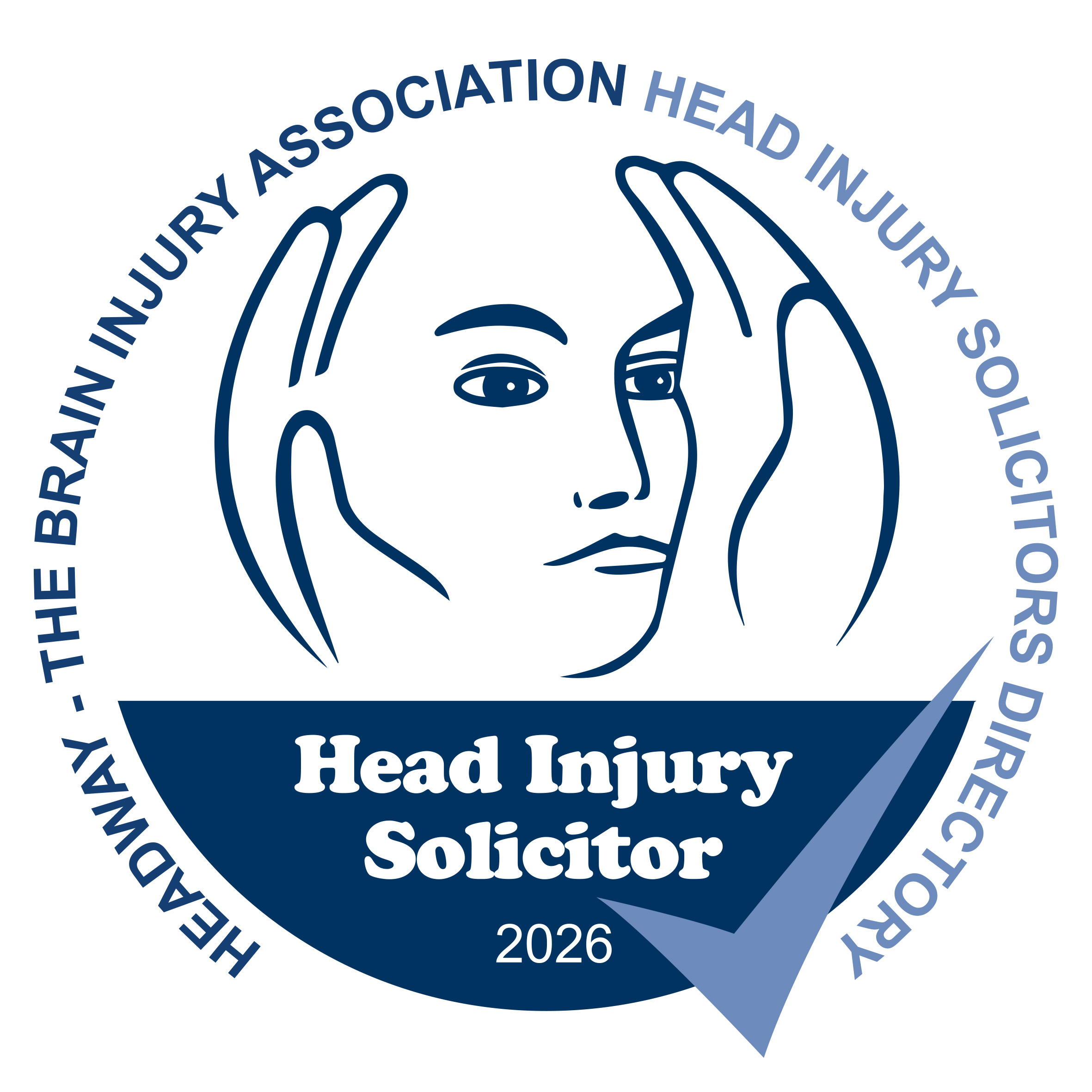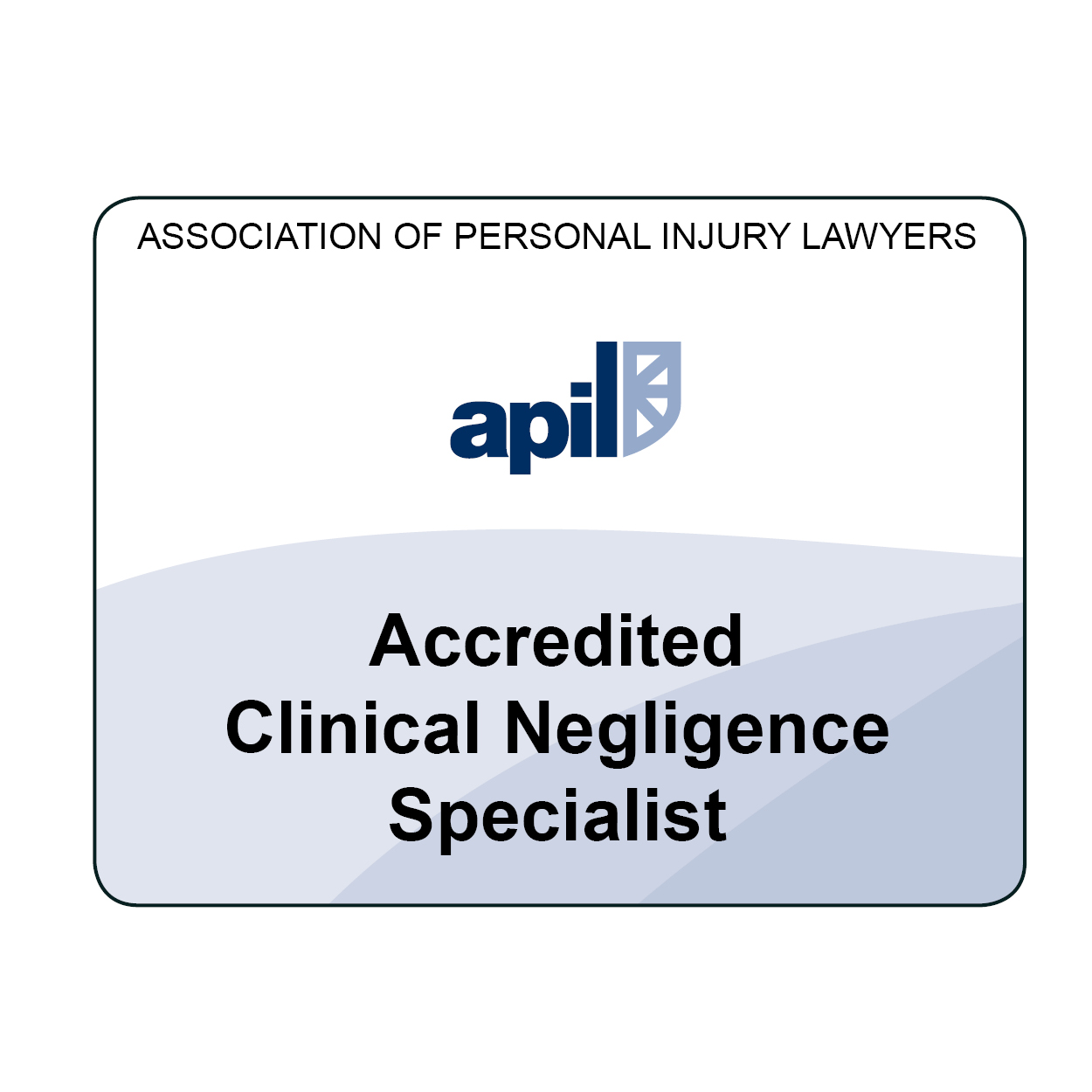Senior Associate Anna Watson successfully secured a settlement on behalf of her client, Mrs A who suffered severe symptoms as a result of a retained placenta following the birth of her child.
Oligohydramnios is a rare condition that can occur during pregnancy. However, it can have severe consequences for mother and baby, meaning that the correct diagnosis and management are crucial. A failure to identify the condition can lead to an oligohydramnios claim being sought.

Making a Claim for Oligohydramnios
Owing to the nature of the condition, it is very important for a correct diagnosis in order to ensure the best possible outcome for mother and baby. Failure of medical professionals and sonographers to identify oligohydramnios during a routine appointment or ultrasound may lead to an oligohydramnios compensation claim should harm arise during pregnancy or labour.
It is also important for medical professionals to try and establish the cause of oligohydramnios in order to provide the correct treatment, for example, regular monitoring and additional ultrasound scans throughout the duration of pregnancy. A failure to provide the correct treatment may result in harm to the baby, and where this occurs it may be feasible to pursue a claim for oligohydramnios.
Finally, oligohydramnios compensation may be sought if medical professionals and midwives fail to closely monitor the baby during labour. Oligohydramnios presents a higher risk of complications and therefore medical professionals, and midwives should ensure regular foetal monitoring and take appropriate steps such as an emergency c-section in instances where there is clear distress during labour.
Why make a claim for oligohydramnios
An oligohydramnios claim, if successful, can provide financial security to those who have been affected, by providing additional medical treatment as required, protecting against the loss of earnings as well as the potential to provide funding for additional support such as counselling, if required.
Many families also feel that pursuing a birth injury claim is an important step in the recovery process by ensuring the NHS or private hospital actively reviews the circumstances surrounding their case, in the hope that learnings can be made, and future incidents avoided.
- Specialist birth injury solicitors
- No win, no fee claims
- Independently recognised as experts

What is oligohydramnios?
Oligohydramnios is when there is a lower level of amniotic fluid (the fluid surrounding the baby) during pregnancy than expected. The amount of expected amniotic fluid changes throughout the duration of pregnancy, however with oligohydramnios the level is outside what is considered the normal range.
Oligohydramnios is usually diagnosed during a routine ultrasound appointment or indicated during the latter stages of pregnancy when a midwife or medical professional takes fundal measurements (measurements taken to give an estimation as to the size of the baby). If the midwife or medical professional has concerns regarding the fundal measurements, they will usually refer for a growth ultrasound scan to check the size of the baby and the amount of amniotic fluid.
What are the risks of oligohydramnios?
The potential risks of oligohydramnios depend on the stage of pregnancy in which the condition is diagnosed. At the latter stages of pregnancy, an unexpected finding of oligohydramnios is less likely to have a significant impact, when compared to a diagnosis before 24 weeks of pregnancy.
A finding of reduced or absent amniotic fluid before 24 weeks gestation can mean that unfortunately, the baby’s lungs may not fully develop and that the baby’s limbs and joints may not move well. Sadly, some of these babies will not survive.
If the cause of the low level of amniotic fluid is due to a rupture of membranes before 24 weeks there is an increased risk of miscarriage and the chance of developing an infection.
It is also important for a sonographer or medical professional to try and identify the cause of oligohydramnios, as if it appears that the baby’s kidneys show any abnormality, then there is an increased risk of injury to the baby. Oligohydramnios can also occur due to issues with the placenta, which can lead to poor outcomes for the baby such as very low birth weight.
Treatment for oligohydramnios
It will depend on the stage of pregnancy as to the type of treatment that is offered.
If oligohydramnios is identified before the baby is due, then additional scans and monitoring are likely to be necessary. Medical professionals may also advise further treatment or monitoring depending on whether the cause of oligohydramnios is known and whether the baby is known to have any potential kidney defects.
Medical professionals are also likely to request that you give birth in a hospital or obstetric unit to ensure that you have access to medical specialists as well as any equipment that may be required. It is also likely that they will monitor the baby’s heartbeat closely throughout labour.
This is important as it will enable them to check whether the baby gets distressed, in which case they may require an emergency caesarean to ensure quick delivery and to minimise the amount of distress for the baby.
Specialist oligohydramnios compensation lawyers
Blackwater Law appreciates the importance of your claim. Our team has extensive experience in advising and representing clients in relation to a wide range of birthing and maternity incidents sustained by mothers and children, during pregnancy or post-partum.
Our team is accredited as one of the leading teams of medical negligence lawyers in the South East, by the Legal 500, a ranking of the UK’s top law firms in various specialist legal areas.
Blackwater Law client testimonial






